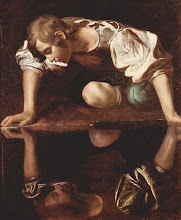Medieval fairs were held annually, usually on a particular saint's day or other special day in the church calendar. For general information on where and when medieval fairs were held, see The Gazetteer of Markets and Fairs in England and Wales to 1516, especially the Basic Introduction and, of particular relevance to Cadfael enthusiasts, the entry for Shrewsbury ( the list of abbreviations will be helpful in reading the entry).
Fairs were very profitable to the body running them, and so that new annual fairs did not interfere with local tradespeople's business too much or with other fairs nearby, fairs other than prescriptive fairs (those that had been held from time immemorial) needed permission from the monarch, usually issued in the form of a charter. Examples online in translation are for a fair at Ramsey granted to Ramsey Abbey in 1110 by Henry I (Matilda's father and Stephen's predecessor on the throne) and a fair at Cambridge granted to the citizens of Cambridge in 1201 by King John (Matilda's grandson).
What are the main attractions in Al-Tuwaini?
-
Unveiling Al-Tuwaini: A Journey Through History and Tranquility Al-Tuwaini,
a coastal gem nestled in the Eastern Province of Saudi Arabia, offers a
uniqu...
18 minutes ago





No comments:
Post a Comment